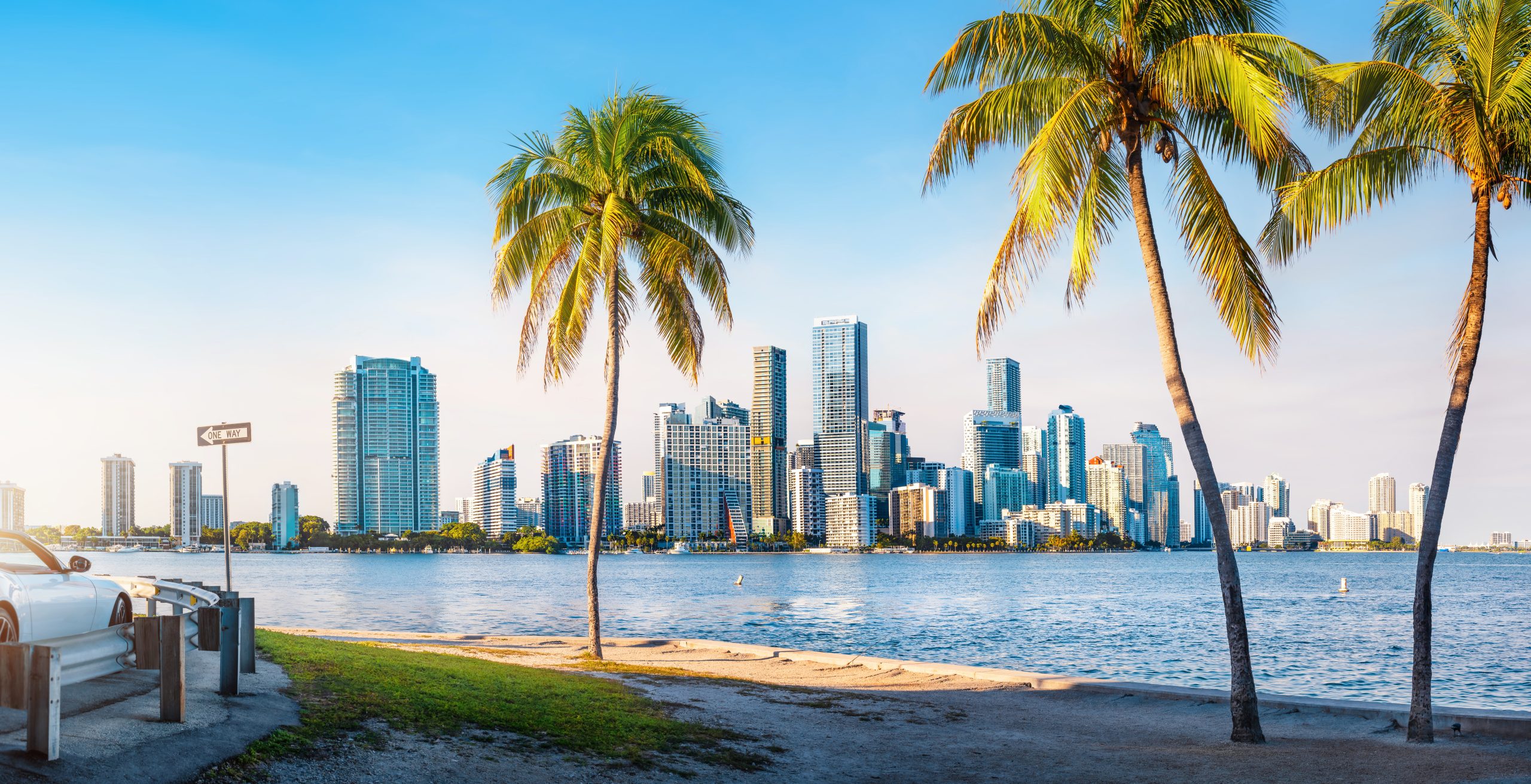Trade given one year to develop calorie labelling system
The drinks industry has welcomed a report by the EU Commission that invites its members to present a self-regulatory proposal within one year to provide calorie and nutrition labelling on alcoholic beverages, avoiding the enforcement of a mandatory labelling system.
The drinks trade has been given one year to develop a satisfactory self-regulatory system to provide nutritional information for all alcoholic beverages.
The decision will effectively close a loophole within a previous ruling that came into effect in 2011 which made it mandatory for all foods, including alcoholic beverages, to provide an ingredient and nutrition declaration, but which saw beverages carrying an abv of more than 1.2% exempt.
In April 2015, Members of the European Parliament backed calls for compulsory calorie labelling on alcoholic drinks, with MEPs then urging the Commission to table a legislative proposal for action by 2016 “at the latest”, and do more to tackle “cross-border sales of alcohol via the internet”.
This week, two years after the vote, the EU Commission has published a report calling for the drinks trade to come up with a solution within a year, which will ultimately see producers subject to a self-regulatory system, enforced by the EU, to provide calorie and nutritional information to consumers.
“This report supports the right of people in the European Union to be fully informed about what they drink,” said commissioner for health and food safety, Vytenis Andriukaitis following the publication of the report.
“Moreover, it does not identify any objective grounds justifying the absence of the list of ingredients and nutrition information on alcoholic beverages. The expansion of voluntary initiatives from the sector has already been ongoing and is brought to the fore in the report”.
Many producers, including Diageo, Treasury and ABInBev, have already made promises to provide ingredient and nutritional information on a voluntary basis. This report will make nutrition labelling mandatory across the board, but within a self-regulatory framework for which the drinks trade will have significant input over.
‘We should not be using 20th Century methods on a 21st Century issue’
The WSTA has welcomed the move, praising the EU for its co-operative approach with the industry to develop an effective system “to properly inform consumers, without space limitations, in this digital age”, suggesting that hosting the information online, rather than on-pack, will be the most effective solution.
“The WSTA has offered alcohol calorie information on its website for two years, as have a number of drinks companies and retailers who all took voluntary action to help consumers find out more about their favourite drinks,” said Miles Beale, CEO of the WSTA.
“Trying to cram more information on product labels which have limited space is a backward step. We should not be using 20th Century methods on a 21st Century issue. People who want to know more about what they are drinking are very capable of going online and finding out for themselves. The alcohol industry has shown they are ahead of the game on nutrition information and have for some time provided consumers with off–label calorific content of drinks.”
Partner Content
Likewise, the Scotch Whisky Association (SWA) also welcomed the decision, noting a commitment to providing calorie information to consumers in a meaningful way, adding that it was right that consumers should have the information they need to make choices that fit with a healthy lifestyle, including calorie intake.
In the UK, the drinks trade has already labelled 80% of products with key health information, with 90% now carrying a warning about drinking while pregnant as part of the Responsibility Deal backed by the Government. While Diageo became the first drinks producer to commit to calorie labelling in 2015, saying it would be adding nutritional information to all of its products as soon as possible.
Drinks trade a “necessary voice”
The voluntary move, launched in July 2016, has seen the drinks producer provide nutritional information, including calorie content per serve, for all of its products through Diageo’s responsible drinking website DRINKiQ.com, and on product labels in some markets depending on approval, with plans to roll out new labels on all brands globally as soon as possible.
Johnnie Walker will be the first global brand on which the scheme is being implemented, with the first newly labelled bottles set to be shipped in Europe from April 2017.
Diageo welcomed the EU Commission’s “long-awaited” report, saying that it “should not be using 20th Century methods on a 21st Century issue” while also making clear that companies are a “necessary voice” to create appropriate solutions to providing clear and useful information about alcohol to people.
“We look forward to working with the rest of the industry and with the European institutions to find the best solution that will help consumers understand what’s in their drinks and support informed and responsible choices about drinking, or choosing not to drink,” said Diageo.
This proposal, which the drinks trade has one year to present, will be assessed by the Commission and if satisfactory implemented throughout Europe.
“Now the challenge is on us, and we embrace the responsibility,” said Jean-Marie Barillère, president of the Comité Européen des Entreprises Vins (CEEV). “We are committed to giving tailored and meaningful information to wine consumers and we will explore innovative developments in the area of food information in order to propose the best-adapted way to provide this meaningful information to wine consumers” said Ignacio Sánchez Recarte, Secretary General of CEEV.




